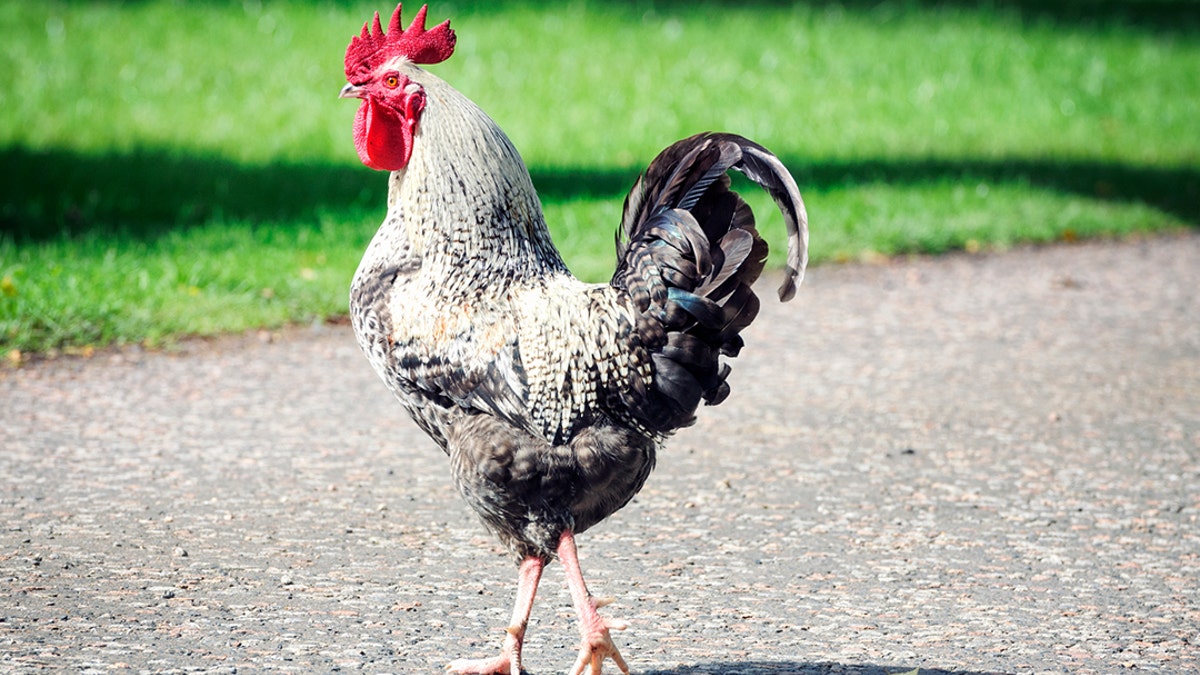
The Legislature of the Granite State is considering a bill that would make trespassing fowl a violation, not for the chicken, but for its owners. (iStock)
Why did the chicken cross the road? And did it have permission?
The New Hampshire Legislature is considering a bill that would make trespassing fowl a violation, not for the chicken, but for its owners. Under the proposal, anyone who knowingly, recklessly or negligently allows their domestic fowl to enter someone else's property without permission can be convicted of a violation if the birds damage crops or property.
The law already makes such trespassing illegal when it comes to sheep, goats, cows, horses or pigs, and the bill's sponsor says fowl shouldn't be exempt.
HOW TO SPOT A MICE PROBLEM BEFORE YOU MOVE IN
While a constituent's frustration with a neighbor's ducks spurred the legislation, Loudon Republican Rep. Michael Moffett told a House Committee on Tuesday he also has heard from a man who claims his neighbor has used chickens as a "form of harassment and provocation."
"It does come down to property rights, which is important," Moffett said. "People, wherever you live, should be free from having your property invaded or encroached upon by animals or birds from neighboring property who are not being taken care of.
MARYLAND STATE DEM'S 'JARED KUSHNER ACT' WOULD STOP SOME ARRESTS FOR FAILING TO PAY RENT
"You've heard the saying, 'birds of feather flock together,' which is fine, but a lot of us don't think it's fine when flock they together onto a neighbor's property and wreak havoc."
Committee members raised questions including whether the proposal would apply to someone who has a duck pond for domestic ducks but also attracts wild ducks.
"How do we determine whether it's a wild duck or a domestic duck that's going across the property?" said Rep. Larry Laflamme, D-Berlin.
"Chickens are clearly domesticated, ducks are kinda a gray area," Moffett said.
FOLLOW US ON FACEBOOK FOR MORE FOX LIFESTYLE NEWS
Earl Tuson, a Loudon vegetable farmer who does not raise fowl, opposed the bill, saying the current law was clearly directed at livestock that, unlike chickens and ducks, could cause considerable damage. He said the bill could lead to further harassment of farmers by neighbors who don't understand agriculture.
"Farms across the state are increasingly coming into closer contact with residential development, and the occupants of those developments are frequently unaware of normal and customary agricultural activities," he said. "Everyone loves eating bacon until they move [in] next to the pig farm."








































